Syrians, No Matter What
What is happening in Syria’s Civil War?
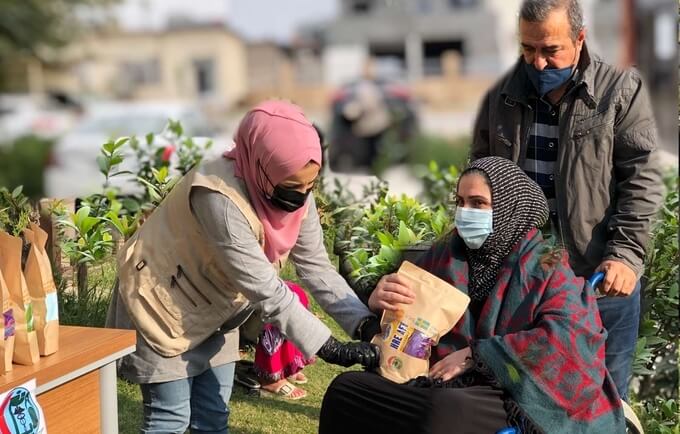
By March 15, 2021, the Syrian Civil War will have been ongoing for ten years. The conflict began when the Syrian government arrested and tortured a group of children who had painted anti-government graffiti on a school. One boy was killed. This became the spark and an ominous sign for Syria’s Arab Spring movement, with protestors demanding a more democratic government and the release of detained protestors.
However, President Asaad responded with retaliation against protestors. This prompted a group of military officials to defect and form the Free Syrian Army. Their goal was to oust Asaad. Over the past decade, the Free Syrian Army and other groups including Kurdish forces, extremist jihadist groups like the Islamic State in Iran and Syria or ISIS, and many others, have fought against the Asaad government and each other. Foreign governments, like Iran, Saudi Arabia, the United States, Russia, and others, have also become involved in the war. This has effectively created conflict on several levels: for local and regional control in Syria, for national political control in Syria, for power and influence in the Middle East, and for the international prevalence of certain values.
What about Syrian Civilians?
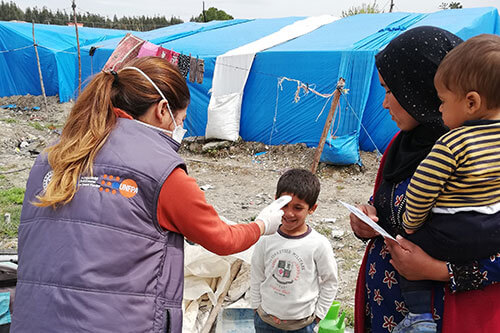
With entangled alliances, fragile peace deals, and varied goals, the Syrian Civil War is complicated and dragging on. But whatever the eventual outcome, the Syrian people have lost the most. Between 400,000 and 600,000 people have been killed, according to human rights organizations. Tragically, this includes about 15,000 people who have lost their lives to torture. Syria is the world’s largest migrant crisis, with 6.2 million Syrians displaced within Syria. An additional 5.6 million people have fled the country, mainly to the neighboring Lebanon, Turkey, Jordan, Iraq, and Egypt.
Idlib, in northwestern Syria, is the last stronghold of rebel groups in the country. Formerly a place of refuge for displaced Syrians, today Idlib has seen some of the most intense fighting and destruction.
What are the sexual and reproductive health needs and challenges in Syria?
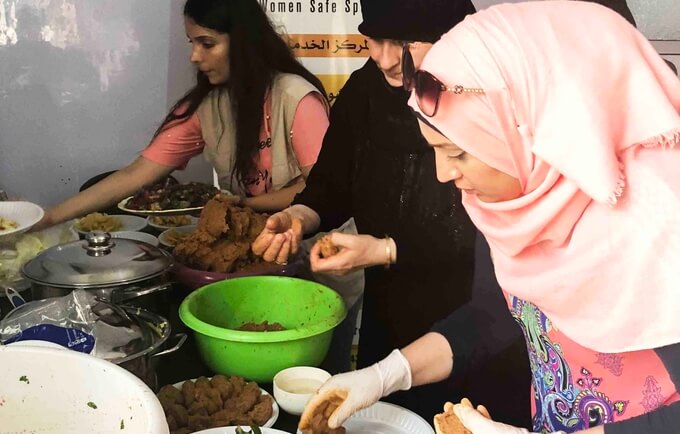
Women and girls in Syria face a variety of complex issues related to their health. Migrants face heightened levels of gender-based violence, and many Syrian women and girls are migrants several times over. More needs to be done to ensure that migrating women have access to the care they need. This care includes psychosocial services, legal aid, safe spaces, continuous family planning care, and medical treatment. Migrants who live outside of Syria may face discrimination or language and cultural barriers to receiving health care.
When families face extreme economic burdens, like in Syria’s collapsing economy, they may decide to marry off their daughters. For parents, child marriage is a coping mechanism, but for girls, it can be a death sentence. Child marriage and closely-linked early pregnancy can be incredibly dangerous. Pregnancy and childbirth complications are the leading cause of death for girls aged 15-19 around the world.
Finally, the conflict has destroyed health facilities, making it difficult for aid workers to deliver care. The lack of functional clinics makes it difficult to ensure that pregnant women can receive essential prenatal and safe delivery care. This leads to higher risks of injury, infection, and death during pregnancy and childbirth. Fewer clinics also makes it harder for women and girls to access family planning, increasing their risk of unintended pregnancy.
What is UNFPA doing?
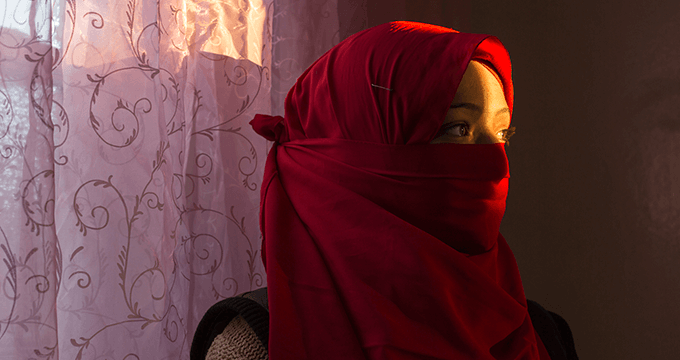
UNFPA is working to address the many barriers to sexual and reproductive health that Syrian women and girls face. The agency operates over 100 mobile clinics which reach women and girls in isolated areas. UNFPA also supports 39 clinics that provide emergency obstetric care, so women can survive childbirth complications. Further, survivors of gender-based violence can access 91 safe spaces and 20 one-stop centers. Migrant women and girls receive dignity kits, which contain the necessary supplies to manage menstruation, even while on the move.
Khadija is one woman who attended a UNFPA clinic for prenatal care. She was able to safely deliver her baby and be treated for an infection in her breast. The infection could have cost Khadija her breast and her ability to breastfeed. Khadija said, “Frankly, my physical and psychological situation was very bad.” But after receiving the care she needed to recover, she said, “Thank God, my situation is better and the baby is in good condition.”
How do we move forward?
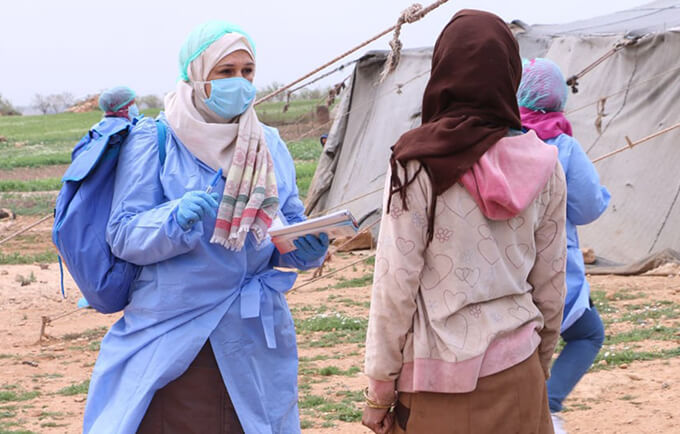
The war is far from over. There are still many factions, including terrorist groups, vying for local control. Tragically, millions of Syrians migrants living abroad might never return home and those still in Syria could face torture, imprisonment, or worse.
Ultimately, responsible groups must be held accountable for the war crimes that have been committed. Syrian civilians and their needs must be at the forefront of recovery efforts. And, to alleviate pressure on migrants, foreign countries could consider opening their borders to more Syrians. UNFPA and other aid organizations can continue providing care to communities devastated by the conflict, including those that host migrants in surrounding countries.
You can support UNFPA’s lifesaving work around the world and raise awareness about the crisis that continues in Syria.
-Dana Kirkegaard
USA for UNFPA’s No Matter What series demonstrates UNFPA’s commitment to provide every woman and girl with lifesaving reproductive health care, no matter what. Each month, we will highlight a group of people who face specific challenges to accessing sexual and reproductive health care. To receive our No Matter What series and other publications directly to your inbox, sign up here.